How the Pandemic Is Controlling Our Finances and Other Things We Learned in 2020 Studies
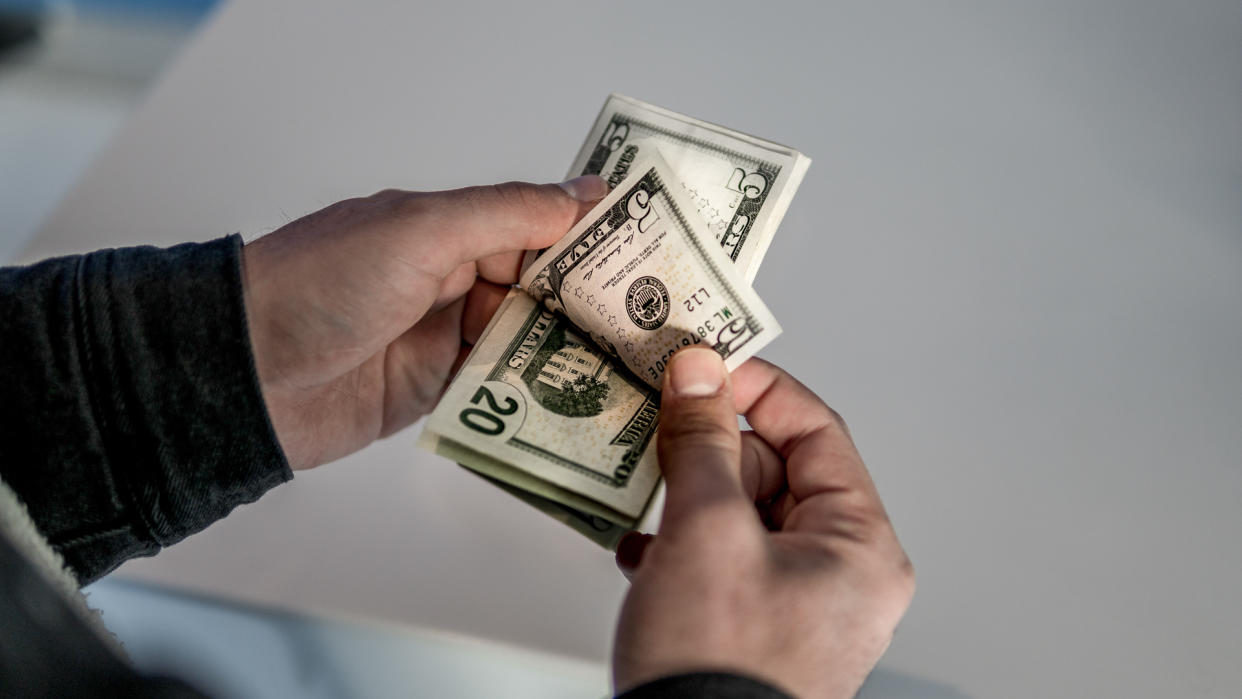
The year 2020 will go down as one of the most tumultuous in U.S. history. The rapid spread of the coronavirus pandemic wreaked havoc on the global economy, triggering massive stock market declines and a recession. In November, one of the most hotly contested elections in U.S. history was held, with a record number of votes being cast for each candidate. All of these factors and more dramatically influenced the financial lives of individual Americans.
Find Out: Americans’ Biggest Financial Regrets
To help assess the damage, numerous studies were conducted throughout the year to check the status of the average American. This roundup shows what changes the year 2020 brought about in the finances and attitudes of Americans.
Last updated: Dec. 31, 2020

Receiving a Vaccine Will Be the Greatest Incentive for Americans To Spend
A study conducted by Gallup and Franklin Templeton revealed that among six options, personally receiving a vaccine would be the greatest incentive for Americans to resume their normal spending habits. About 70% of respondents indicated that a vaccine would have a minor or major impact on their willingness to resume normal spending.
The same study also showed that 76% of Americans who are currently able to save money planned to continue to add to savings.
The implication of this study is that widespread vaccine availability will be the single greatest factor in terms of improving the consumer sector of the economy.
Learn More: This New COVID Drug Might Not Even Work — So Why Does It Cost Hospitals a Fortune?

Deferring College During the Pandemic Could Cost $90,000
There has been a growing trend during the course of the coronavirus pandemic for students to consider delaying college. After all, so the thinking goes, what’s the point of spending money on a university degree when most, if not all, of the learning is being conducted online?
According to a study from economists at the Federal Reserve Bank of New York, this is fallacious thinking. The economists conducting the study suggest that the pandemic has actually made a college degree more valuable, not less valuable, because the prospects for less-educated individuals are bleaker than for those with a university degree. They cite Bureau of Labor Statistics figures from June, which show a jobless rate of 12.1% for those with a high school diploma but just 6.9% for those with a college degree.
See: Where 51 CEOs Went to College

Americans Spent More on Investments and Pets in 2020
According to a Bank of America survey of 2,500 adults, 64% of Americans changed their spending habits during the pandemic. In the year-over-year period from August 2019 to August 2020, American actually increased their spending on investments by nearly 42%. Spending on pets and education also rose dramatically, by 23% and 17%, respectively. However, spending on travel, entertainment, bills and utilities fell by between 21% and 29%.
These results make sense in a pandemic, as economic uncertainty creates greater savings rates. Similarly, the closure of entertainment and travel facilities throughout the year naturally resulted in reduced spending in those areas.
Take a Look Back: The Most Surprising Stock Market Trends of 2020
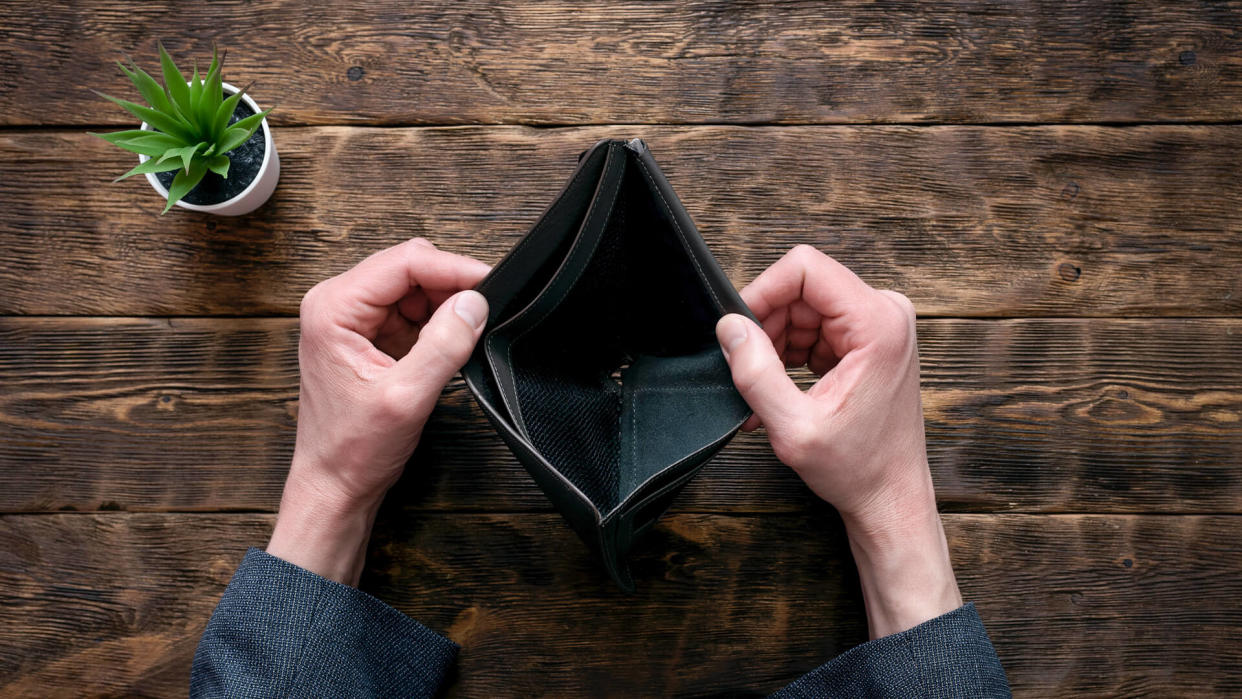
Younger Americans View Coronavirus as a Financial Threat More Than a Health Threat
Only 6% of Americans under age 30 feel the the coronavirus is a major threat to their health and not to their finances, according to Pew Research Center. Forty-one percent do not view the outbreak as a risk to either.
This is in contrast with older Americans in the survey. Twenty-five percent of Americans ages 70 and older view the virus as a threat to their health but not their finances.
The survey was conducted from March 19-24, just when the outbreak was reaching the pandemic stage, so it’s possible these views have changed since then.
Struggles: Companies Laying Off the Most People Thanks to Coronavirus
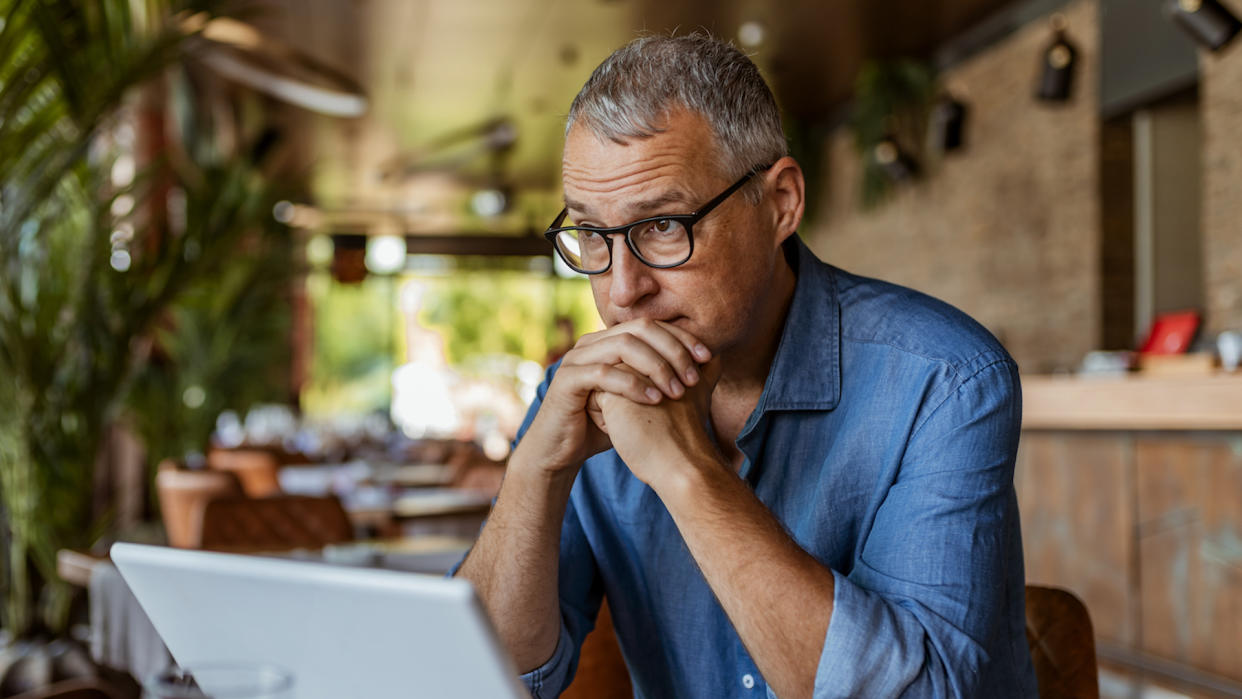
The Pandemic Is Causing Many People, Especially Poorer People, Psychological Stress
This probably doesn’t come as a big surprise, but the Pew Research Center conducted a study of the mental state of Americans during the pandemic and discovered that stress was rampant. One-third of Americans reported high levels of psychological stress at some point during the pandemic, while a whopping 55% of adults describing their financial situation as poor experienced high levels of distress. The study surveyed 9,545 adults during March and April of 2020.
Another finding of the study was that counties with the highest levels of psychological distress were also the counties with the highest numbers of COVID-19 deaths.
Find Out: What It’s Like To Job Hunt During a Pandemic
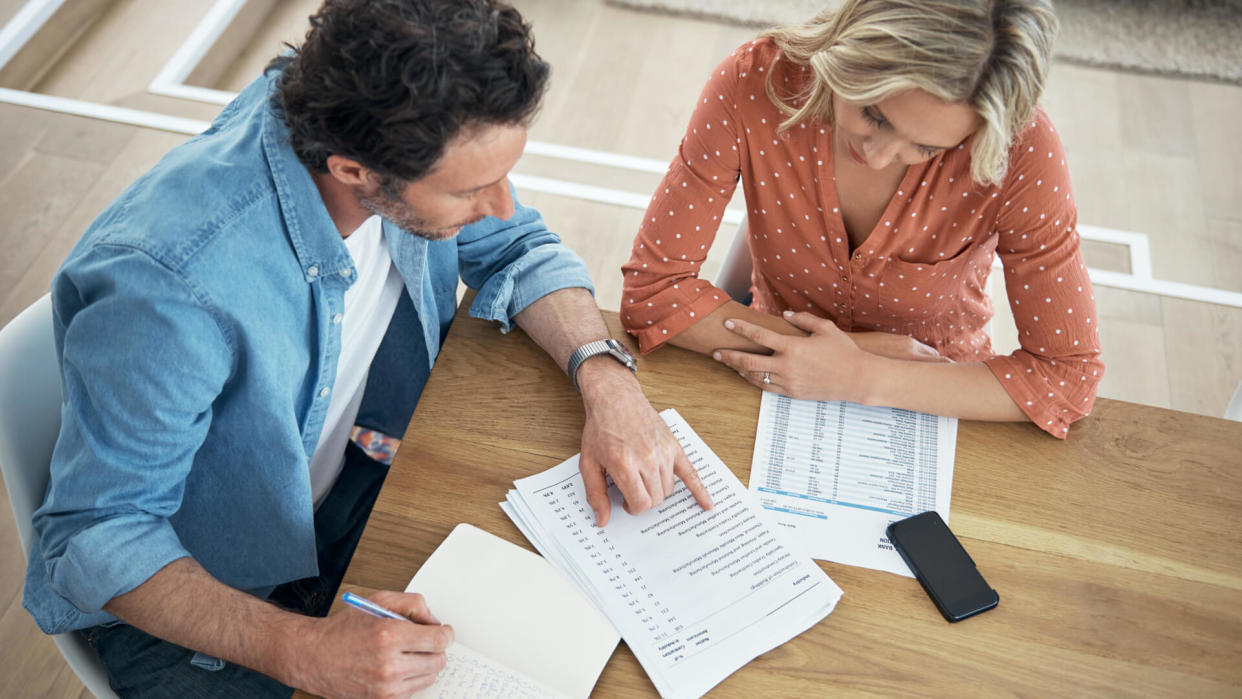
Millennials Expect the Highest Investment Returns of Any Generation
Schroders’ 2020 Global Investor Study, conducted between April and June of 2020, revealed that millennials are optimistic when it comes to their investments going forward. According to the study, which polled 23,450 investors around the world, millennials expected an average total return of 12% per year over the next five years. That was the highest expectation out of any age group.
Overall, however, the study revealed that investors of all ages are relatively optimistic. Even the least optimistic group, those ages 71 and older, anticipated returns of nearly 10% per year.
For purposes of the study, millennials were considered those ages 18 to 37 years.
Make Smart Moves: 26 Smartest Ways To Invest Your Money During the Pandemic
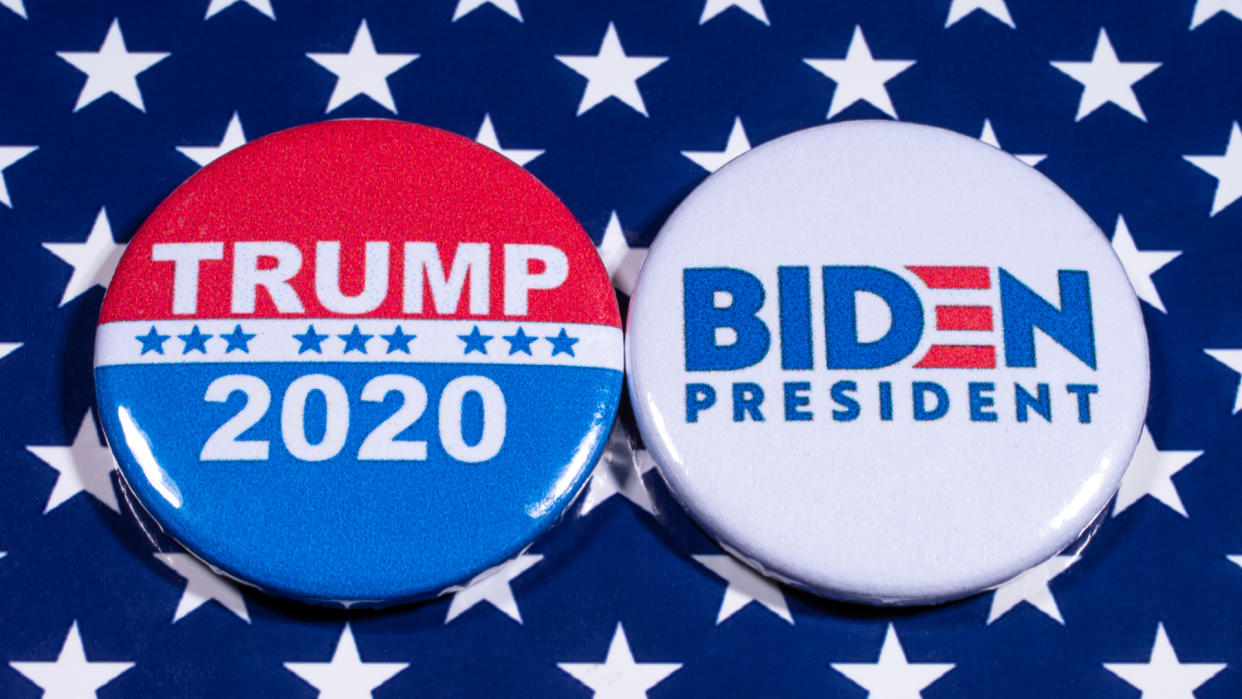
Americans Felt the Election Would Affect Their Finances -- and That Biden Would Be Better
A study conducted by the Ascent, a division of The Motley Fool, collected data about Americans’ attitudes toward the 2020 election.
Overall, the study found that a coronavirus stimulus plan was the most important financial issue for Americans regarding the 2020 election. The most divisive issue regarding the election was economic inequality, ranking as important to 83% of Biden voters and 74% of Trump voters. Nearly three-quarters of Americans felt that the outcome of the 2020 election would affect their personal finances.
A slightly higher percentage of respondents — 33% to 29% — felt that a Biden victory would be better for their finances.
Find Out: Here’s How Much Debt Americans Will Have Due To the Coronavirus, by State
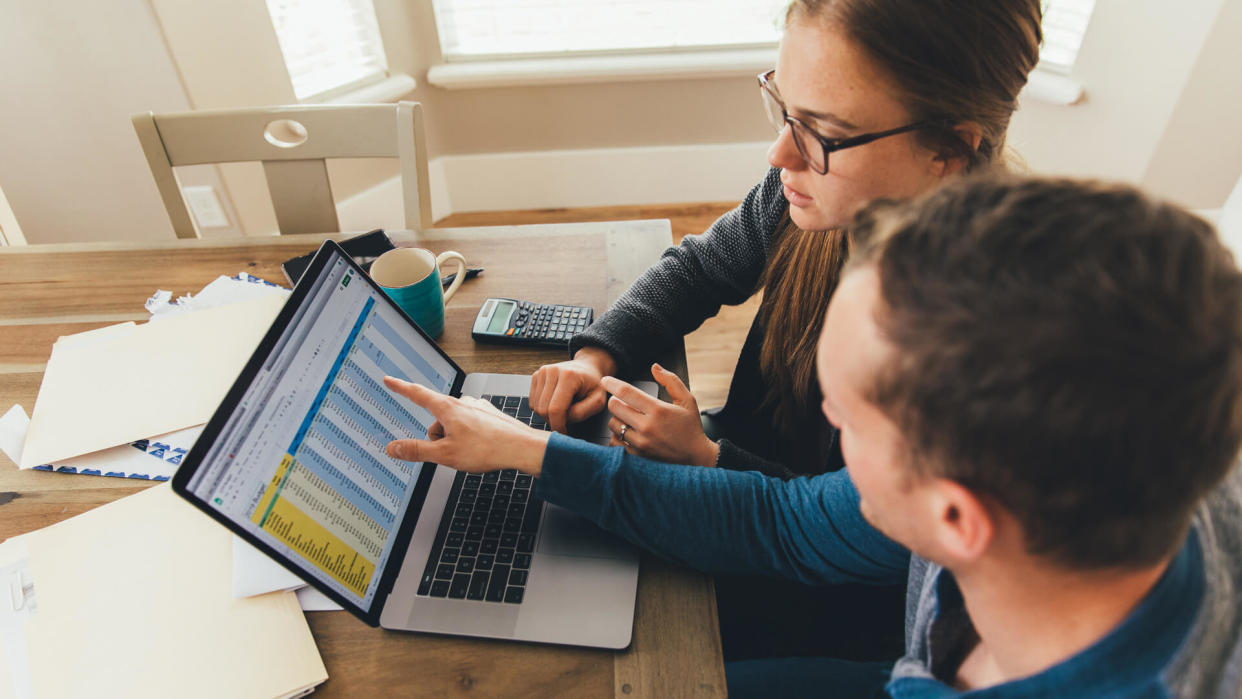
People Adjusted Their Investments and Economic Outlook During the Pandemic
The Schroders Global Investor Study revealed that 78% of people made changes to their investment portfolios during the market chaos of February and March. Eighty-eight percent of investors dubbing themselves “experts” made changes, while only 57% of beginning/rudimentary investors did the same. The percentage of people thinking about their investments once per week also jumped from 35% in 2019 to 49% in 2020.
The same study also revealed that the average person expected the global economic effects of the pandemic to last 1.73 years.
Good Options: Why It’s Never a Bad Idea To Invest In Apple and These Other Companies
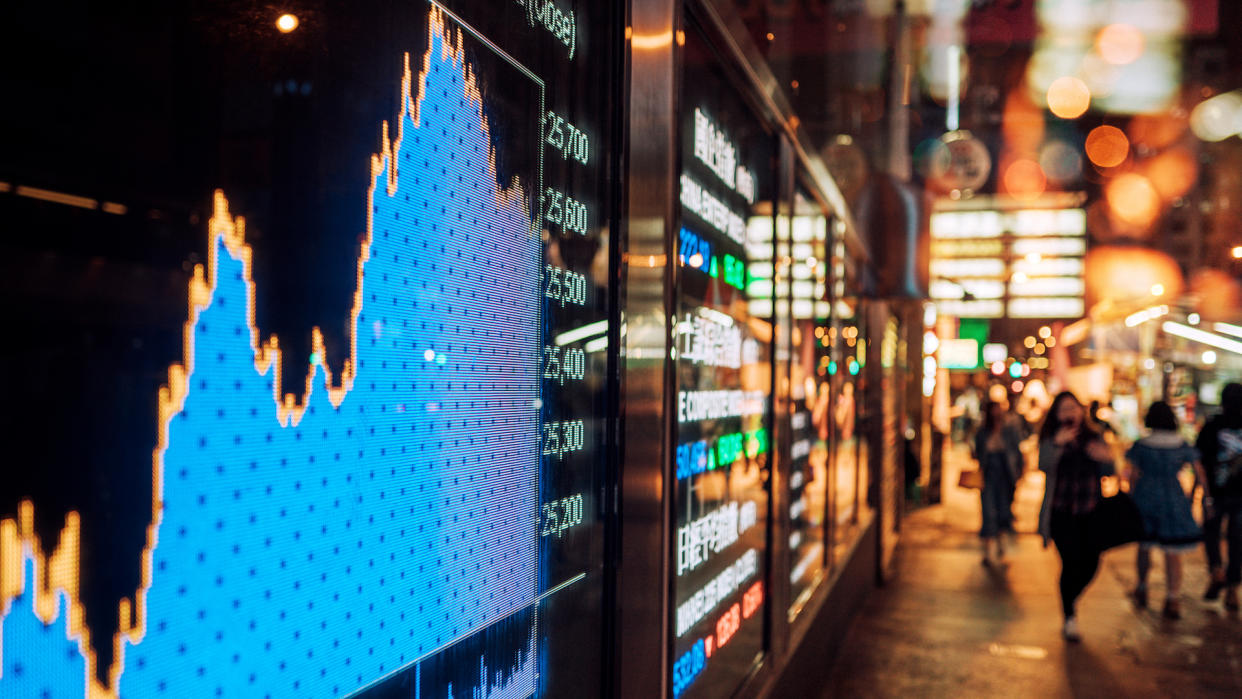
Most Americans Were Not in the Stock Market at the End of 2019
It’s good to see that people are still investing in 2020 because a Pew Research Study conducted in September 2019 and released at the end of the year revealed that only 35% of Americans owned stocks outside of retirement accounts. Perhaps not surprisingly, high earners were much more likely to own stocks than lower-income Americans. Lower-income Americans were also hit harder by the pandemic than higher earners.
In contrast to the opinions of some in the highest levels of government, most Americans felt that the availability of jobs, wages and the cost of health care were bigger influences on their opinions of the economy than the performance of the stock market.
More From GOBankingRates
Are You Spending More Than the Average American on 25 Everyday Items?
Guns and 32 Other Things You Definitely Do NOT Need To Buy During the Coronavirus Pandemic
This article originally appeared on GOBankingRates.com: How the Pandemic Is Controlling Our Finances and Other Things We Learned in 2020 Studies
